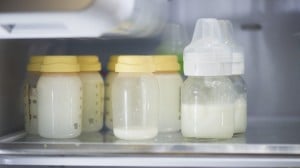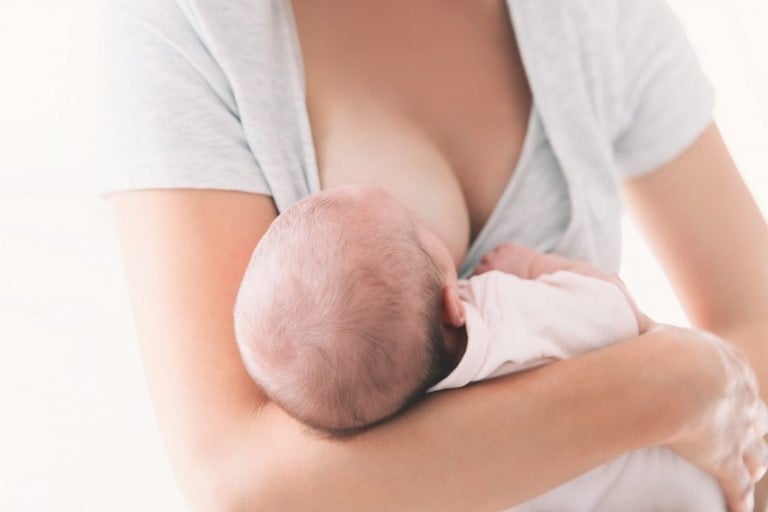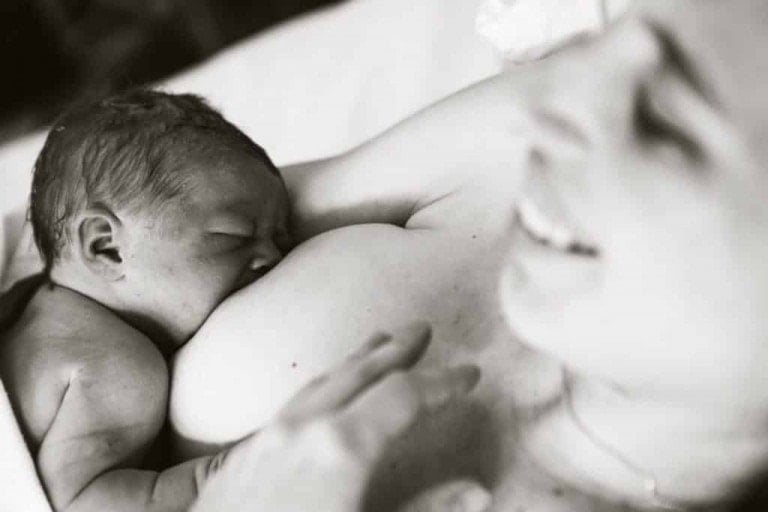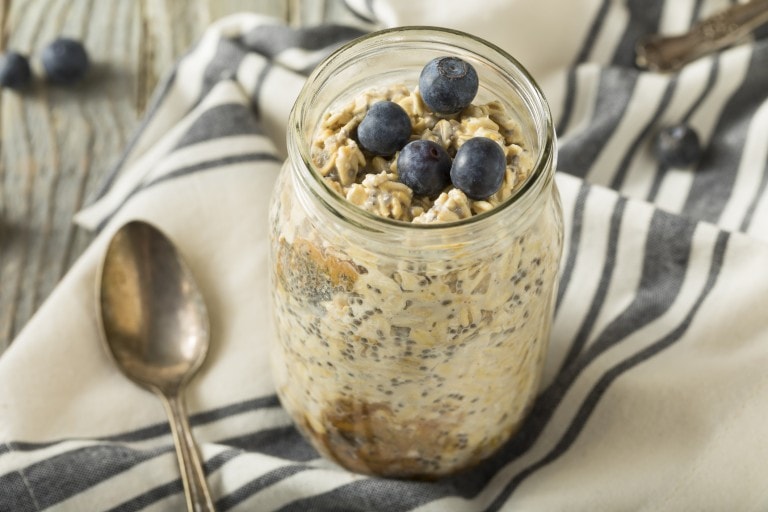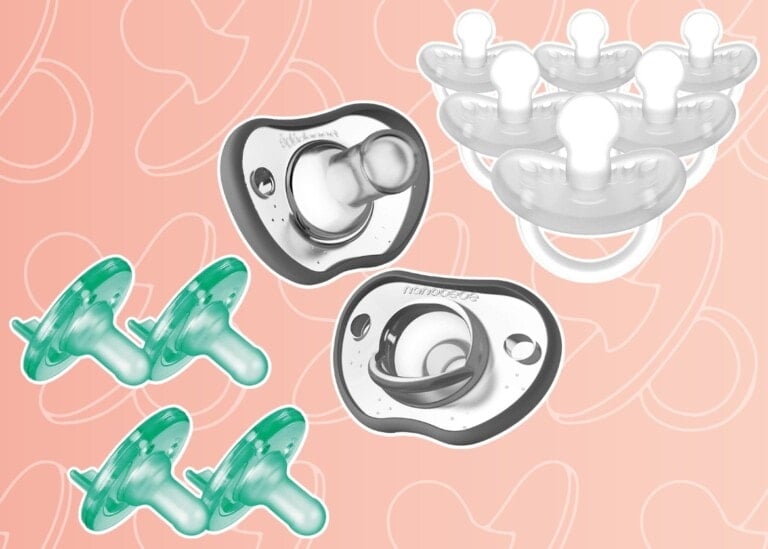Calorie requirements during pregnancy vary from trimester to trimester. But after birth, breastfeeding mommas want to know if they need to continue to keep their calorie count up. Breastfeeding is demanding yet rewarding, and you need to nourish your body. Enjoy additional nourishing calories to help keep up your energy levels as you breastfeed your baby. Below, we break down how many extra calories you need while breastfeeding and give you some breastfeeding nutrition tips to stabilize your energy levels.
How Many Extra Calories Do You Need while Breastfeeding?
The thing about breastfeeding is that calorie requirements will vary from woman to woman. There isn’t a specific number you need to stick to. It ultimately comes down to your hunger cues, which are important to listen to!
Not Too Many
While you don’t want to overindulge in junk food and foods high in sugar and unhealthy fats, your body is feeding another human being. So, if you’re extra hungry, there’s a good reason! If you are looking for a specific calorie number to follow, the general recommendation is to add an extra 450-500 calories to your daily diet while breastfeeding. If your weight is in the normal range, you need about 2,500 total calories per day.1
However, remember that this is just a general guideline. It may not work for every breastfeeding momma. Some may need additional calories to maintain a healthy milk supply. Activity level plays a significant role in how many extra calories you may need and the number of fat cells within your body. Someone with a high amount of fat cells might not need as many calories as someone with a lower amount.
Not Too Few
No matter how many extra calories your body will require, you do not want to skimp and go below 1,500-1,800 calories per day.2 Especially if you were used to enjoying a much higher calorie range during pregnancy. A sudden drop in calories or a sudden change in diet can cause a decrease in milk supply. You may be eager to lose pregnancy weight after giving birth but remember how demanding breastfeeding can be on your body. Consuming enough calories and the correct type of calories will help your body recover and provide your baby with the milk they need to thrive!
How Do You Get Those Extra Calories?
So, we know that you may need to be eating additional calories. But how do you include these extra 450-500 calories into your diet? You can do so by simply adding 1-2 additional nutrient-dense snacks into your day.
The bottom line is that your body will probably need additional calories, similar to the second and third trimesters of pregnancy, when your calorie requirements jump to about 300 extra calories per day. If you stick to what you did during the last months of pregnancy, you should fuel your body with enough nutrition to maintain optimal health and a healthy milk supply.
Breastfeeding Nutrition Tips
Many women want to know which foods help increase milk supply. While the following foods will not fix chronic, ongoing low milk supply issues, these are nutrient-dense foods that many women find nourishing when breastfeeding.
1. Oats
A warm bowl of oatmeal in the morning is one of the most popular foods for breastfeeding women. It’s also one of the easiest and most filling options. Try having a bowl of oatmeal for breakfast, or enjoy a bowl as an afternoon snack. While there is no evidence-based research to support the claims that it increases milk supply, anecdotal reports over the years show that some feel they notice an increase in supply after eating oats.4
2. Almonds
Almonds make a great nutritious snack for nursing moms. They are rich in healthy fat and calcium and may even help boost the richness of your milk! Try adding almonds to your morning bowl of oatmeal or snacking on a handful with a side of fruit.
3. Healthy Fats
Healthy fats are super essential! Don’t be afraid to add them to your diet. Your body requires fat for so many different body processes. When breastfeeding, nourishing your body with what it needs the most is even more important. Healthy fats can also help keep you full, which is important when breastfeeding hunger pangs kick in. Try snacking on things like avocados, nuts, seeds, olive oil, eggs, full-fat yogurt, and coconut.
4. Brewer’s Yeast
One of the most talked-about ways of boosting your milk supply involves adding brewer’s yeast to your diet. While no evidence-based research supports the claims that it increases milk supply, many anecdotal reports show it works for some people.3 It’s also rich in B vitamins, which can help keep your energy levels high. Some mommas like to add brewer’s yeast to homemade energy bites made with dates, rolled oats, and brewer’s yeast.
It’s also important to note that eating oats and Brewer’s Yeast will not help if you have an ongoing genuine chronic low supply. There can be many different possible reasons for low supply. It’s important to seek help quickly if you have concerns.
Congratulations on starting your breastfeeding journey or preparing to have a baby! It’s a hectic time. It’s easy to forget to take care of yourself. Don’t forget just how crucial proper nutrition is after having a baby. You want to ensure you are keeping up with your nutritional demands to help your body recover and help nourish your baby as best as possible.


















